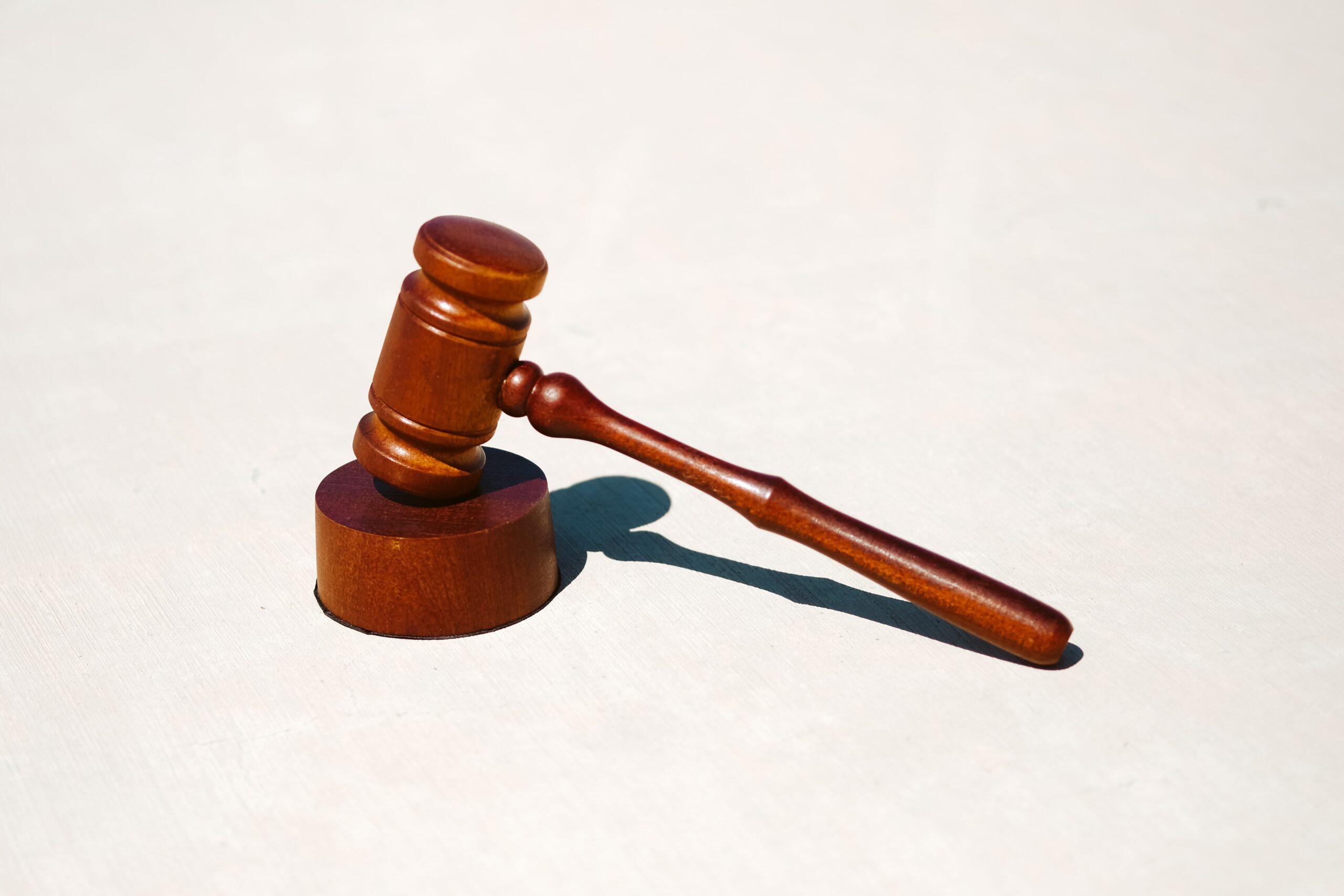Litigation FAQs
-
What should I do if I have a legal claim against another person or entity?
You should seek legal advice as soon as possible so that your claims may be heard by the appropriate Court. There are strict "statutes of limitation" which determine how long you have to bring a lawsuit. Statutes of limitation differ based upon the type of cause of action you are bringing. For example, if an adult patient fails to bring a medical malpractice lawsuit within 2½ years of the alleged wrong doing, then the statute of limitations for such an action may preclude him from pursuing his claim.
-
Can I get my opponent to pay my attorneys’ fees?
That depends upon the nature of your claim and whether or not an award of such fees is provided for in the relevant documents in your case or under a statute which applies to your claim. Generally, in the absence of a writing to the contrary or a statute, each party must bear its own legal expenses.
-
What should I do if I get sued?
Do not ignore the matter! You should immediately seek legal representation so that your interests are properly protected. There are strict time frames that must be met in any litigation. They may begin to run on the date that you are served with papers.
-
What happens if I ignore a lawsuit that’s been filed against me?
In all likelihood, a default judgment will be taken against you for the amount sought in the complaint, plus interest, costs, and perhaps even attorneys' fees. The judgment creditor could then seek to satisfy its judgment by restraining your bank accounts, garnisheeing your wages, putting a lien on your home, etc.
-
Can I be forced to settle my claims prior to trial?
No one can force you to settle your claims if you do not wish to do so. However, depending upon the circumstances of your matter, it may be in your best interests to do so. Any decision on whether or not to settle your claims should be evaluated thoroughly with your attorney.
-
Can I be forced to arbitrate or mediate my claims?
Generally speaking, absent a contractual requirement to arbitrate or mediate claims, a person may not be compelled to do so. Depending upon the circumstances of your matter, however, it may be in your best interests to proceed with some form of alternative dispute resolution, such as arbitration or mediation.
-
How can I assist my attorney if I am sued?
Make sure you maintain accurate records and that you keep copies of all documents relating to your matter. The more information and documentation that you can provide to your attorney, the better off you will be.
-
Who determines the geographic location where my lawsuit will be heard?
The location of your lawsuit is known as the venue. Venue can be proper in more than one county, depending upon where the plaintiff and defendant reside or conduct business, and where the underlying claims first arose. The party commencing the lawsuit generally dictates where the proceeding will be conducted.

